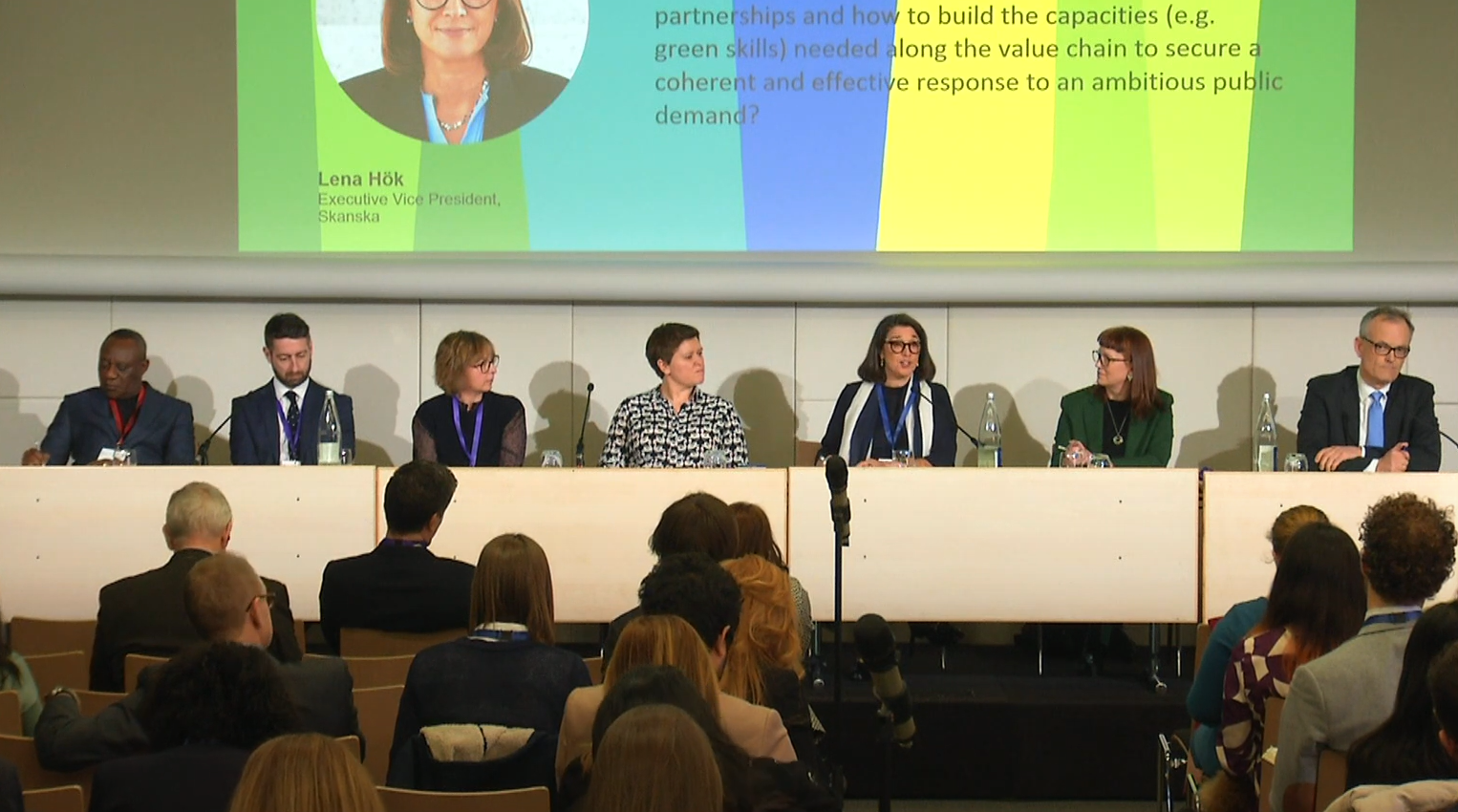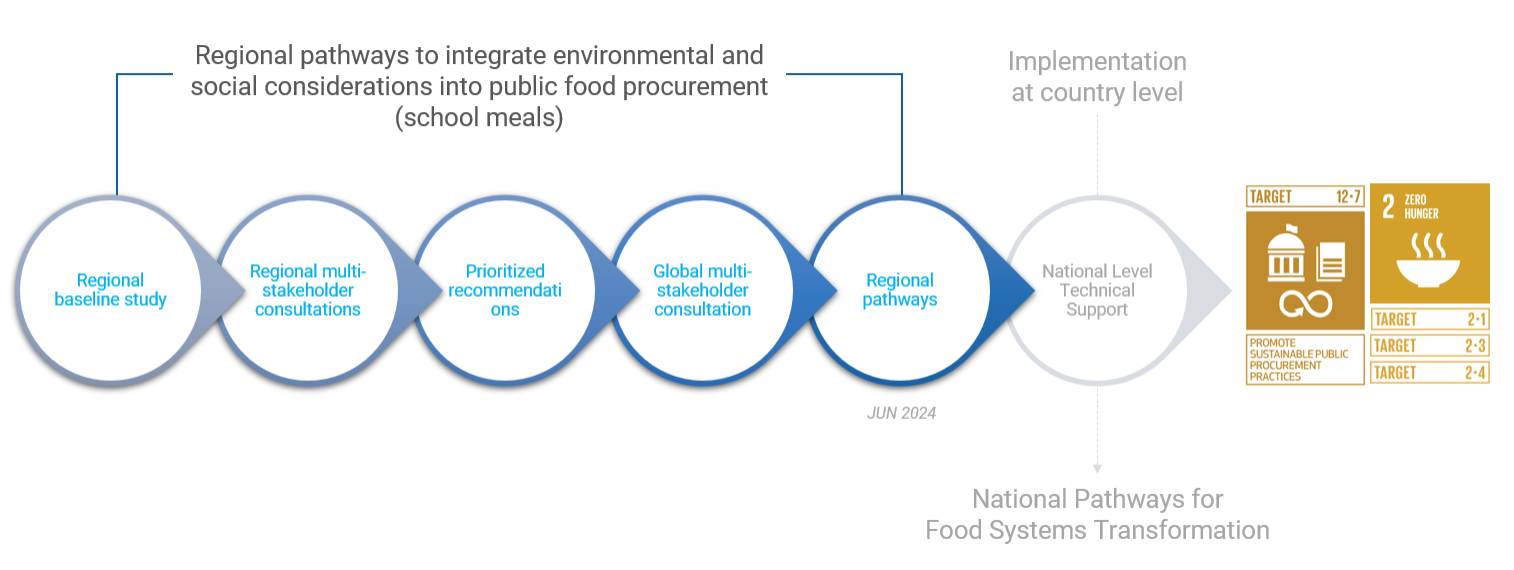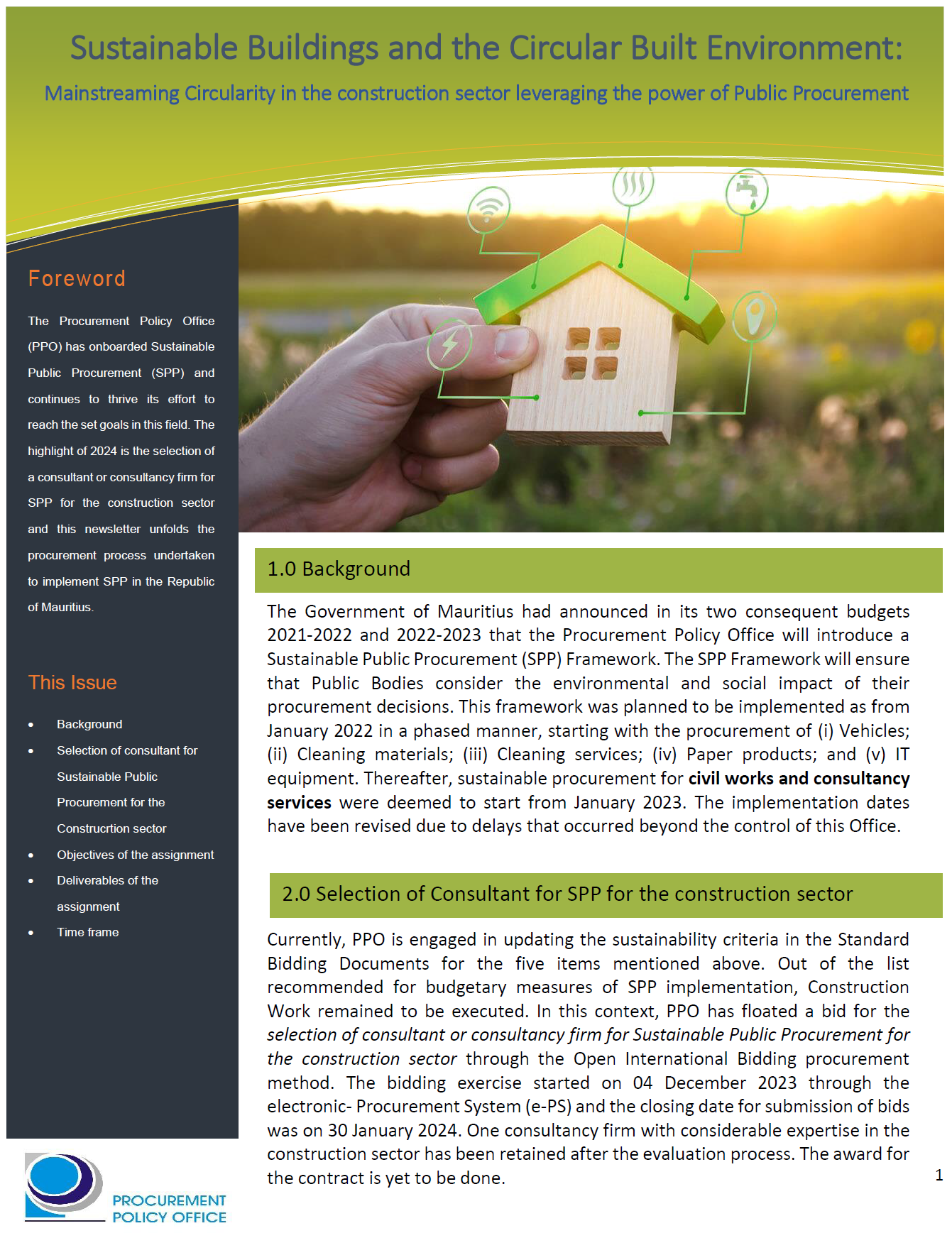The Global Search for Sustainable Schools Programme Synthesis Report
The Global Search for Sustainable Schools (GSSS) has been carried out as one of the global initiatives under the SLE programme. The GSSS programme recognises the central role of education in creating the enabling conditions to achieve sustainable lifestyles within planetary boundaries. Education directly
develops the leaders and innovators of tomorrow, fostering the critical skills of life-long, active learning that are necessary to achieving healthy, flourishing, and just lifestyles that facilitate limiting climate change to 1.5 degrees Celsius.
Nine countries from around the world were selected to participate in the GSSS. As was discussed above, it is vital to develop capacities at the individual, organizational and societal scales to enable more responsible and reliable patterns of living. These capacities are essential for creating truly sustainable
societies. The GSSS aimed to mainstream sustainable lifestyles into formal education; make sustainable lifestyles the guiding principle in every learning environment; mobilise and empower youth, and promote sustainable lifestyles.
Coordinated by the Institute for Global Environmental Strategies (IGES) and implemented by government agencies and national-scale NGOs in the nine participating countries, the GSSS called for schools to submit sustainability action plans. 84 schools were selected and were given grants to implement their ideas, turning their plans into more than 200 school-based sustainability projects
with the support of experts from their countries and around the world.
Although all schools’ actions were severely impacted by the COVID-19 pandemic and associated restrictive measures such as school closures and restriction of travel or meetings, all 84 schools in the nine implementing countries found innovative ways of continuing the work. They showed a high level of patience and creativity in learning from the crisis, flexibly adapting their actions to achieve the overall project goals, growing the capacities of students, teachers, and communities to make their schools, communities, and individual lives more sustainable and resilient.
This report summarises the overall experience of the GSSS, and key lessons learned through the implementation processes during the challenging situation presented by the global COVID-19 pandemic.
Education for Sustainable Development and Sustainable Lifestyles
Education for Sustainable Development (ESD) and Education for Sustainable Lifestyles (ESL) are two closely related methods of education focused on creating learning environments and curricula that support learners in developing the skills necessary to achieve sustainable ways of living for themselves and their communities.
ESD is an educational approach that prepares students to live sustainably by integrating key issues of sustainable development into teaching and learning. At its core, ESD is about motivating and empowering learners to reflect on and make changes to their behaviours, and to take action to foster sustainability. ESD encourages the development of a key set of skills: critical thinking; problem-solving; future scenario building; collaborative decision-making; and self-awareness. By fostering these skills, ESD enables learners to apprehend the connections between local realities in their communities and the global context.
ESL is a subset, or component of ESD that pays particular attention to how the choices we make in our daily lives are linked to the health of our communities, the resilience of our local ecosystems, and the global challenges facing all peoples today. The deep objective of ESL is learning for transformation, preparing learners to create a sustainable future by creating the conditions for life-long learning and continuous engagement in the pursuit of sustainable daily living.
Key to achieving the objectives of ESD and ESL are four methodologies:
- Actively engaging learners and creating personal connections between them and sustainable development.
- Building connections across subjects (interdisciplinarity) and between the classroom and the real world, as well as strengthening cooperation and collaboration in learning.
- Creating an enabling learning environment and learning approach for change and transformation.
- Developing life-long learning and sustainability competencies that help learners actively engage with sustainable development throughout their lives.
As such, the integration of ESD and ESL into curricula should include rich content, clear learning methodologies, and progressive learning goals with local relevance and cultural appropriateness. This includes the important elements of progressive pedagogies such as active learning, experience-based learning, student-centred learning, and collective inquiry.



